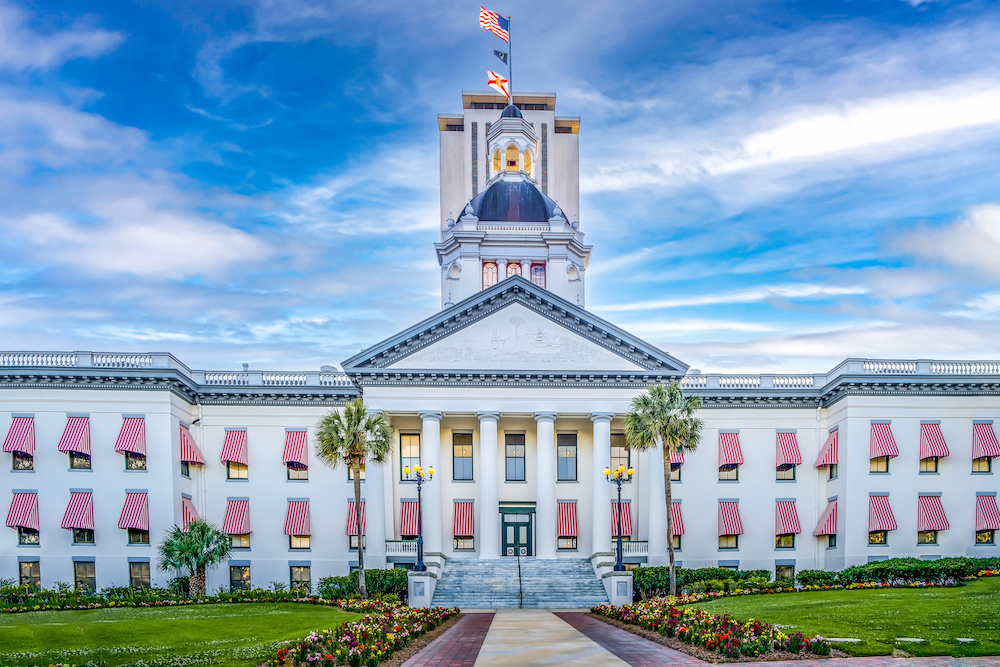The Florida Legislature convened last week for its second special session of 2022. Gov. Ron DeSantis called legislators back to Tallahassee to address the state’s property insurance crisis after they could not pass related bills during the regular session earlier this year.
This year, many Florida homeowners endured significant rate hikes after several home insurance carriers went bankrupt, declined to renew policies, or left the state altogether. Gov. DeSantis’ formal call was to consider legislation related to property insurance, reinsurance, changes to the Florida building code to improve affordability of property insurance, the Florida Office of Insurance Regulation, civil remedies, and appropriations.
Even though the special session was scheduled for five days, lawmakers completed their work in only three days, adjourning on May 25. The following day, Gov. DeSantis signed SB 2D into law, a comprehensive bill that passed 95-14 in the House and 30-9 in the Senate. This legislation creates a $2 billion “Reinsurance to Assist Policyholders” program for insurers to purchase reinsurance to help insulate themselves from risk. Insurers have to reduce policyholders’ rates if they want to access the fund. The legislation also offers grants to homeowners of up to $10,000 to make their homes less vulnerable to hurricanes.
As Florida begins the 2022 hurricane season, insurance industry leaders have voiced concerns that the new reforms may not go far enough to overcome reinsurers’ reluctance to finance risk in the state. Other groups restricted by the new law, such as home repair contractors, have already started to file legal challenges.
Once they gathered in Tallahassee, lawmakers decided to expand the special session’s purpose to also include toughening inspection schedules and financial reserves for condominium buildings, a response to last year’s Surfside building collapse that killed 98 people. Florida has more than 1.5 million condominium units operated by nearly 28,000 associations, according to a legislative analysis conducted earlier this year. Of those, more than 912,000 are older than 30 years and are home to more than 2 million residents.
Legislators passed HB 5D, which requires statewide recertification of condominiums taller than three stories high. Recertification will be required after 30 years, or 25 years if the building is within three miles of the coast, and every 10 years thereafter. The Champlain Towers South was going through Miami-Dade County’s once-every-40-year recertification process when it collapsed last June. The governor signed the bill into law on May 26.



